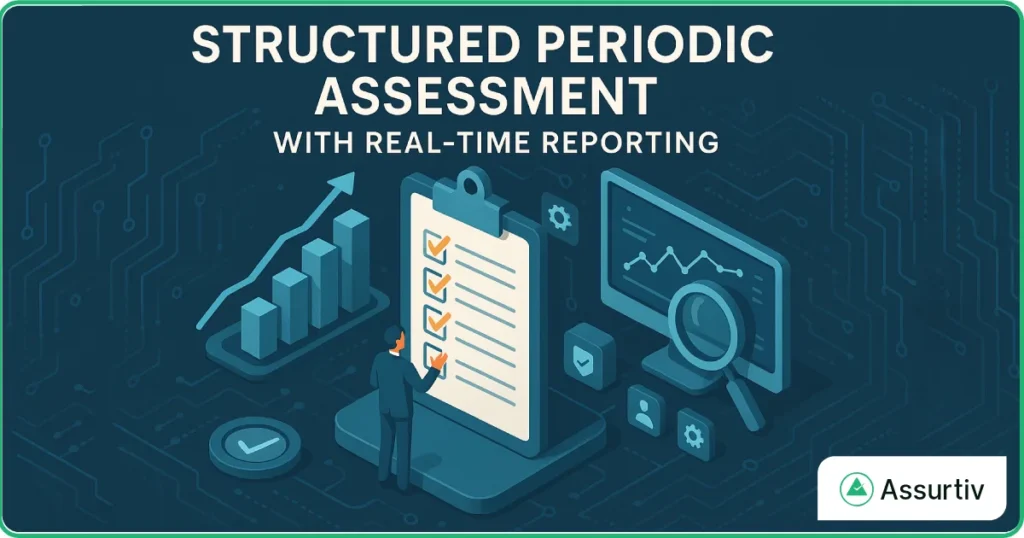General Data Protection Law of Brazil (LGPD)
27 Jan 2025

Data privacy has become a global concern as organizations worldwide process and manage an ever-increasing amount of personal data. General Data Protection Law of Brazil (Lei Geral de Proteção de Dados Pessoais or LGPD), enacted in 2018 and fully enforced since August 2020, is a pivotal regulatory framework that addresses these concerns. Modeled on the European Union’s General Data Protection Regulation (GDPR), the LGPD aims to protect personal data and grant individuals’ greater control over their information while fostering transparency and accountability among organizations.
Key Highlights of LGPD
The LGPD applies to any entity processing personal data, whether in Brazil or abroad, if the data pertains to individuals located in Brazil. The law is broad in scope and includes provisions for data collection, processing, storage, sharing, and deletion.
Definition of Personal Data
- Personal data includes any information that identifies or can identify an individual, such as names, identification numbers, and location data.
- Sensitive personal data refers to information about racial or ethnic origin, religious beliefs, political opinions, health, and biometric data.
Legal Basis for Data Processing
- LGPD provides ten legal bases for processing personal data, including consent, performance of contracts, compliance with legal obligations, and legitimate interests.
Data Subject Rights
- Individuals (data subjects) have various rights, such as accessing their data, correcting inaccuracies, deleting data, and withdrawing consent.
Data Protection Officer (DPO)
- Organizations must appoint a Data Protection Officer to oversee compliance and act as a liaison with Brazil’s National Data Protection Authority (ANPD).
International Data Transfers
- Transfers of personal data outside Brazil are permitted only to countries with adequate data protection standards or under specific contractual safeguards.
Penalties
- Non-compliance can result in fines of up to 2% of a company’s annual revenue in Brazil, capped at 50 million BRL per violation.
Standards for LGPD Compliance
- Privacy by Design and Default: Organizations must integrate data privacy into the design of processes, systems, and business practices from the outset.
- Data Mapping and Inventory: Conduct a comprehensive data mapping exercise to identify what data is collected, where it is stored, and how it is processed.
- International Data Transfer Standards: Adhere to approved contractual safeguards or ensure processing aligns with countries maintaining adequate data protection levels.
Policies for LGPD Compliance
Consent Management Policy: Implement clear and explicit mechanisms for obtaining, tracking, and managing consent from data subjects.
Data Retention Policy: Define how long personal data is retained and establish guidelines for its secure disposal.
Privacy Policy: Ensure your privacy policy clearly explains data collection, usage, sharing, and protection practices in compliance with LGPD.
Controls for LGPD Compliance
- Access Control: Limit access to personal data based on job responsibilities and use multi-factor authentication where necessary.
- Encryption: Secure sensitive personal data through encryption methods during storage and transmission.
- Incident Response Plan: Develop and maintain an incident response plan to address data breaches promptly and notify the ANPD and affected individuals as required.
- Monitoring and Auditing: Implement regular audits and monitoring to ensure continued compliance with LGPD requirements.
Importance of LGPD in Today’s Data-Driven World
The LGPD emphasizes the importance of transparency and accountability, fostering trust between organizations and individuals. By complying with the LGPD, businesses not only avoid legal penalties but also enhance their reputation, improve customer relationships, and secure their data against breaches.
Conclusion
Brazil’s LGPD highlights the critical need to protect personal data in the digital age. By implementing robust standards, policies, and controls, organizations can ensure compliance while promoting privacy and accountability. ASSURTIV, a GRC application powered by AI, offers businesses a streamlined and effective way to achieve compliance, equipping them with the tools needed to thrive in today’s data-driven landscape




